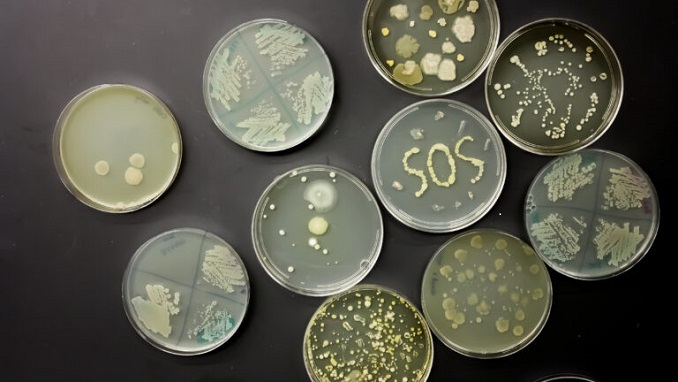In response to a study published last week that found nearly 5 million deaths in 2019 were linked to antimicrobial resistance (AMR), scientists are calling for better use of antibiotics, more investment in new treatments, and a market restructuring to incentivize the development of antibiotics. Two bills in Congress are designed to help.
Reacting to the study published in The Lancet, Dr. Ramanan Laxminarayan of the Centre for Disease Dynamics, Economics and Policy (CCEP) said in the Geriatric Medicine Journal that “spending needs to be directed to preventing infections in the first place, making sure existing antibiotics are used appropriately and judiciously, and to bringing new antibiotics to market.”
But the market as it is is broken, because “pharmaceutical companies have little incentive to spend the roughly $1 billion it costs to develop just one antibiotic because it is so difficult to make a return on investment,” The Hill notes.
As a result, “there are just 43 antibiotics in the development pipeline, compared to over 1,000 drugs for cancer,” according to an article in Fortune by Biotechnology Innovation Organization (BIO) President and CEO Dr. Michelle McMurry-Heath and AMR Action Fund’s Dr. Henry Skinner. The article notes the importance of restructuring the market and providing funding for developing new antibiotics.
To help address this problem, leading biopharmaceutical firms, global foundations, and development banks have united to cooperate in the AMR Action Fund, which aims to invest $1 billion to help bring 2-4 new antibiotics to market by 2030, as Good Day BIO reported.
PASTEUR Act and DISARM Act
Meanwhile, Congress is considering solutions to alter the market. Under the proposed PASTEUR Act, market incentives for the development of life-saving antimicrobial drugs would be created by the federal government in a “Netflix-style subscription model for novel antimicrobials, where hospitals or governments pay a fee for as much or as little is needed,” according to Good Day BIO.
The DISARM Act, on the other hand, “would modernize Medicare reimbursement for hospitals that appropriately use advanced antibiotics and, in turn, help provide some necessary financial assurance to fuel more research and development”, the Fortune article explains.
According to U.S. Senator Bob Casey (D-PA), who introduced the legislation along with Sen. Johnny Isakson (R-GA), “The DISARM Act would strengthen the pipeline that brings effective medication to the patient bedside to help save the lives of the 23,000 Americans who die each year from drug-resistant infections.”




